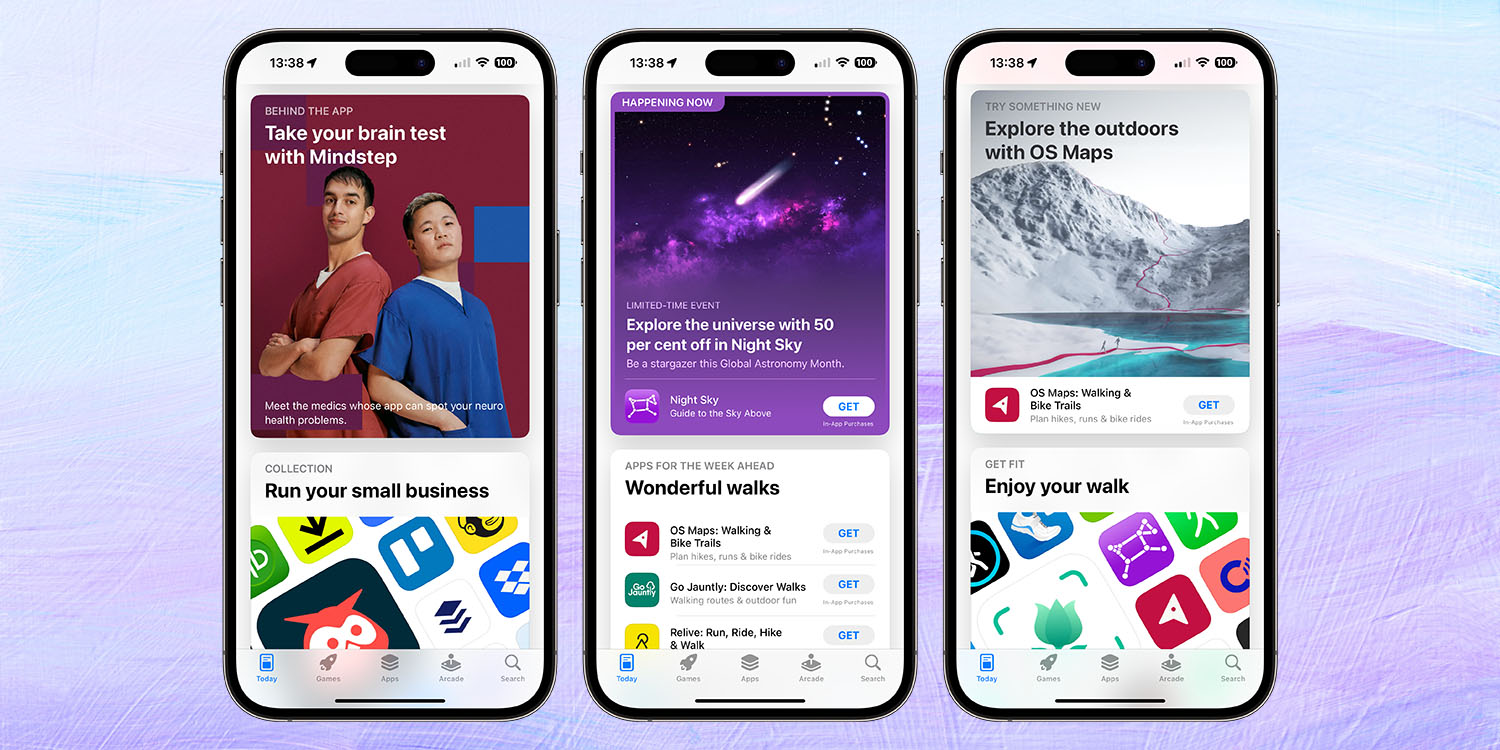
The European Union has now confirmed that Apple is one of 19 tech giants to be subject to the Digital Services Act. Specifically, the online safety and transparency legislation will apply to the App Store.
Apple has four months to comply, which will likely require changes to App Store recommendations and ads – though it looks like pre-installed iPhone apps won’t be affected …
The Digital Services Act (DSA)
Social media companies are the primary target of the DSA. The legislation is intended to force companies to be faster to block illegal content, such as child sexual abuse materials (CSAM).
A secondary requirement applies to a wider range of tech companies – namely, greater transparency around recommendations and ads.
Users will get clear information on why they are recommended certain information and will have the right to opt-out from recommendation systems based on profiling.
Platforms need to label all ads and inform users on who is promoting them.
It is this requirement that will affect Apple, as currently there is no way to understand app recommendations in the App Store, nor are paid ads clearly identified as such.
App Store recommendations and ads
When you visit the App Store, the Today tab presents you with a series of recommended apps, with no way to know on what basis they were chosen. You can see examples in the screengrabs above.
Some of these will be things Apple’s own app curators have chosen as being of interest; others will be tailored to your own profile; others have paid to be prominently featured by Apple. Currently, there’s no way to know which is which.
The DSA will require Apple to be much more transparent about this, at least in the App Stores for European Union countries. If a developer paid for an ad, for example, then the App Store promo must be clearly labelled as an ad, and users must be able to see which company paid for it.
Additionally, for personalized app recommendations, users must be able to see the basis for these (for example, that you’ve downloaded other photography apps), and to be free to opt out from the use of their personal data to generate recommendations.
This latter requirement would effectively make Apple subject to the App Tracking Transparency rules it applies to third-party developers. Currently, there are complaints that Apple is able to use personal data without seeking user permission, giving it an unfair advantage over other developers.
Looks like it doesn’t affect pre-installed iPhone apps
At one stage, an early draft of the DSA also suggested that tech giants shouldn’t be allowed to pre-install their own apps when they sell a smartphone to consumers.
However, I can find no sign of this in a quick search of the final text, so it appears Apple is safe here.
The full list of companies subject to the DSA
The European Commission has said that the DSA will apply to two large search engines – Google and Bing – as well as 17 companies it designates Very Large Online Platforms (VLOPs):
- Alibaba AliExpress
- Amazon Store
- Apple AppStore
- Booking.com
- Google Play
- Google Maps
- Google Shopping
- Snapchat
- TikTok
- Wikipedia
- YouTube
- Zalando
All companies listed have until the end of August to make the necessary changes to bring them into compliance.
Apple may comply only in EU countries
When it came to EU privacy law, GDPR, Apple made the decision to comply with its requirements globally, not just within EU countries. In this way, all Apple customers worldwide got the same increased privacy protections.
However, when it comes to sideloading – another upcoming legal requirement in the EU – Apple is expected to limit the new freedom to European countries only, continuing to block it in the US and elsewhere.
Apple could go either way on the DSA, so for now we’ll need to wait and see whether US customers will get the same protections and choices.
FTC: We use income earning auto affiliate links. More.






Comments